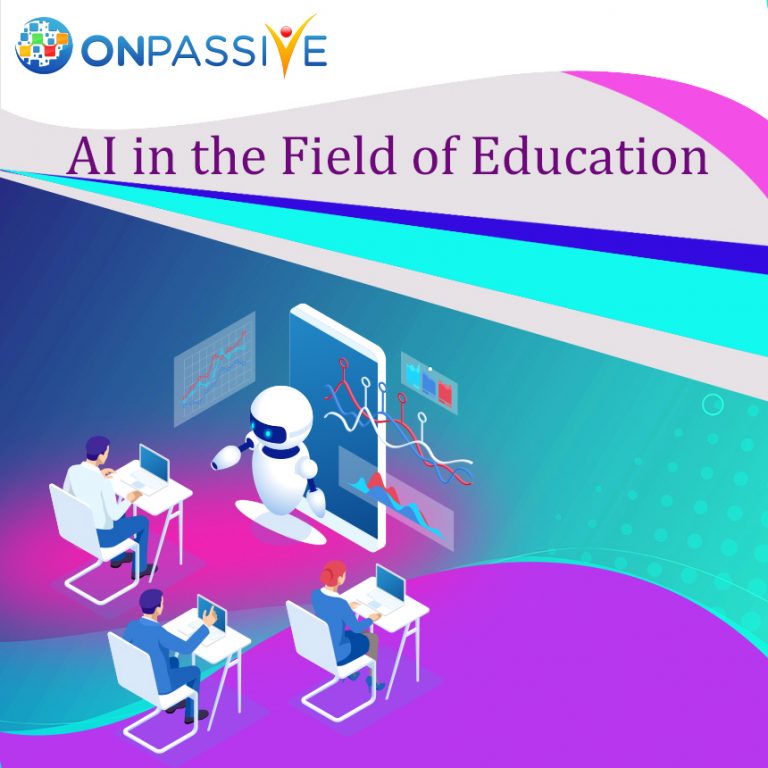
With young people’s screen times increasing day by day, children are becoming more tech-savvy. Having education is becoming something more than just books, as they gain more and more knowledge through a computer. Data on educational activities can be collected to provide more personalised learning plans for students. It also assists teachers in identifying and solving the problems of a student at a deeper level.
While Artificial intelligence becoming more and more familiar in all the sectors, it is taking the education world by storm.
Here are some of the practical applications of artificial intelligence in education:
AI Makes Learning More Fun
With the advancement of robotic technology and the introduction of AI in learning, it is now possible for kids to learn more efficiently. Learning is easy when it is fun. MIKO is a robot that makes learning fun. With the help of this robot, kids can not only learn but can also feel like a family member. MIKO is a powerhouse of emotions; it can interact with kids and detect their moods. Kids can have a personal companion and also a teacher at the same time. The robot also ensures the academic development of the child with the help of conversational learning.
AI Reshaping Special Education
Several AI tools can give rise to global classrooms to all, including students with visual or hearing impairments. Presentation Translator is a free plug-in for PowerPoint that generates subtitles of what the teacher is explaining in the classroom. It also helps students who might not be able to attend school due to illness or who need special learning process. AI can open up several opportunities for many students to make their learning better and comfortable. There is also improvement in teacher-student collaboration with the help of AI.
AI-Driven Tutoring Systems
To improve student learning, most educators are constantly on the hunt for new instructional interventions. Mystery Learning helps in individualised tutoring and instruction in the classroom. It is like a curriculum organised around a student’s progress and also providing real-time feedback for corrected practice and enriches effective learning activities. With the help of a one-on-one tutoring system, kids can learn quickly and more effectively. It provides students with the potential to obtain information that is more flexible and personalized.
With the rapid advancement of AI in this domain, it is more evident that both intelligent systems and humans can work together and improve different aspects of students’ academic. The future of AI holds several promising innovations in the field of education. It is just a matter of time until we see AI with chalk taking classes to our kids.


